|
WHITBREAD
HISTORY
The
Whitbread story begins in August 1720 with the birth of
Samuel Whitbread. He was apprenticed as a brewer
in 1736 and founded his first brewery six years
later. In
1750 Samuel Whitbread moved his brewing operations to
premises in Chiswell Street on the eastern rim of
Georgian London, establishing the first purpose-built
mass-production brewery in Britain. Samuel's family name
quickly became synonymous with the brewing industry he
came to lead. The company he founded, and the beer it
produced in ever-increasing quantities, entered the
national consciousness, laying the foundations for one
of Britain's most enduring business success stories.
The
end of the 20th century and the start of the 21st marked
a watershed in the company's history, as Whitbread sold
its breweries and then exited its pubs and bars
business. After several decades of diversification,
during which the beer and pubs giant branched out into
new markets (including brief yet lucrative flirtations
with wines, spirits and night clubs), Whitbread
re-focused its business on the growth areas of hotels,
restaurants and health and fitness clubs. The
reinvention of Whitbread as the UK's leading leisure
business naturally coincided with the end of the brewing
and pub-owning tradition which Samuel Whitbread had
begun over 250 years earlier.
HOW
DID WHITBREAD COME TO SPONSOR AN OCEAN RACE
When
deep-ocean sailors gather to down a few pints, the
conversation inevitably turns to tales of passages made,
races won, and colleagues lost. It was at just such a
gathering in 1971 that the discussion turned to thoughts
of staging the ultimate race around the world -- a trip
of nearly 27,000 miles. It would be a race that pushed
the endurance of the crews and boats to the outer limits
as they navigated sweltering Doldrums, freezing oceans
filled with icebergs, and gales that blew unabated for
weeks on end -- a race that would be considered the Mt.
Everest of ocean racing.
Such a race, if it could be arranged, would have no
equal in sports. No other competition would ask so much
of both man and equipment. No other event would put so
many competitors at such risk, for so long, so far from
help.
But who would sponsor it? Besides its inherent dangers,
such a race would require a worldwide support system.
Ports of call would have to be established, rules,
scoring systems, and boat specifications would have to
be determined. Sponsors would have to be convinced to
finance what would be an enormously expensive event.
Many in the sailing establishment believed that even to
try such a race was folly. At that time, fewer than ten
private yachts had rounded Cape Horn -- in one piece.
Moreover such a race already had been tried, and had
ended badly. In 1967, "The Sunday Times" of
London had put up money to sponsor what it called The
Golden Globe Race. Eight boats entered, but only one
finished. The others either gave up after near
catastrophic equipment failures, capsized, or sank. One
crewman became so despondent, he committed suicide.
These were not the sorts of events race sponsors were
eager to have associated with their names. However,
these brave racers had blazed a trail for 'round the
world sailors, providing an inspiration to others who
heard the call of a challenge.
In order to give the new race the credibility needed to
attract financing, a significant, high-profile backer
had to be found. Whomever it was, this backer had to
have a name and reputation so well-respected that it
alone would reassure the most nervous of the doubters.
This proved a hard sell. Sponsors of other ocean races
expressed little enthusiasm for the around-the-world
marathon envisioned by the organisers. The objections
especially revolved around the well-documented dangers
involved in sending such small boats into seas that have
swallowed galleons.
There, the plans might have died, had it not been for
the Royal Navy, which had open-ocean sailing plans of
its own. What private sector sponsors had viewed as
risks, the Royal Navy saw as assets. Seeing open-ocean
racing as a way to teach teamwork and build pride within
its ranks, the Royal Navy recently had taken delivery of
several Nicholson 55s. A global race seemed a good way
for the Royal Navy to become involved with the
ocean-racing community. In April 1972, while organisers
continued to search for private sponsors, the Royal
Naval Sailing Association announced that, even if no
private underwriter was found, it would support the race
the following year.
The RNSA's embrace proved to be the deciding factor. In
short order, contacts were made between the Royal Naval
Sailing Association and the corporate giant Whitbread
PLC. Almost as much a part of British history as the
Royal Navy, Whitbread's roots in British commerce
reached back to 1742. Over the centuries, the company
had grown to become one the world's most respected
purveyors of food, drink and leisure products --
employing over 70,000 people in 1997. In addition to its
sterling reputation, the Whitbread company also had the
real sterling -- the financial underpinnings -- to
instil faith in sponsors. With worldwide income
exceeding 2.7 billion pounds, Whitbread had the
financial wherewithal to underwrite such an ambitious
race.
The RNSA and Whitbread provided race organisers with the
administrative and financial critical mass they needed
to push the event from the drawing boards to the oceans.
Each brought unique resources to the table. Whitbread
lent its enormous prestige and underwriting muscle. The
Royal Naval Sailing Association provided the spacious
and secure Portsmouth Naval Base as a pre-race staging
area and starting line. For the race, the naval facility
seemed made to order. It comfortably could house the
large and expensive boats during the pre-race period,
while also providing military-base-type security. In
addition, the RNSA also could provide the worldwide
communications network to allow racers to communicate
from the farthest oceans to race headquarters in
Southampton.
But those were just the tangible benefits Whitbread PLC
and the RNSA provided. Each also delivered intangible
benefits by wrapping the new race in an aura of
tradition. No other navy in the world had a richer
seafaring history than the Royal Navy; it had for so
long ruled the world's seas, while sustaining Britain's
global colonial empire.
Whitbread PLC, on the other hand, represented British
mercantile history, reaching back to times when British
commerce stretched itself around the globe.
By mid-1973, the first Whitbread Round The World Race
was ready to begin. On 8 September, 17 boats, carrying
167 crew members hoisting sails in a blizzard of colour,
jockeyed to the starting line in Portsmouth Harbour.
With the shot of a simple starting pistol, the writing
of the first Whitbread saga began.
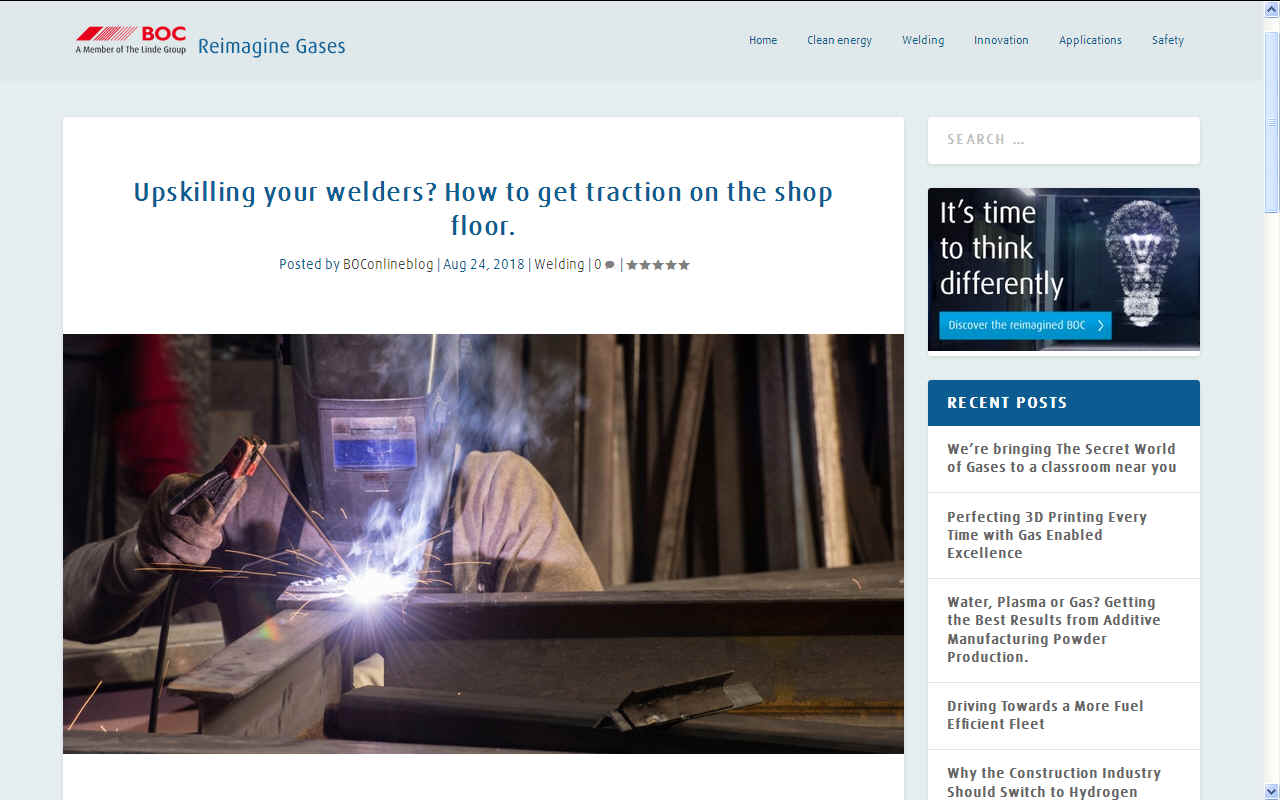
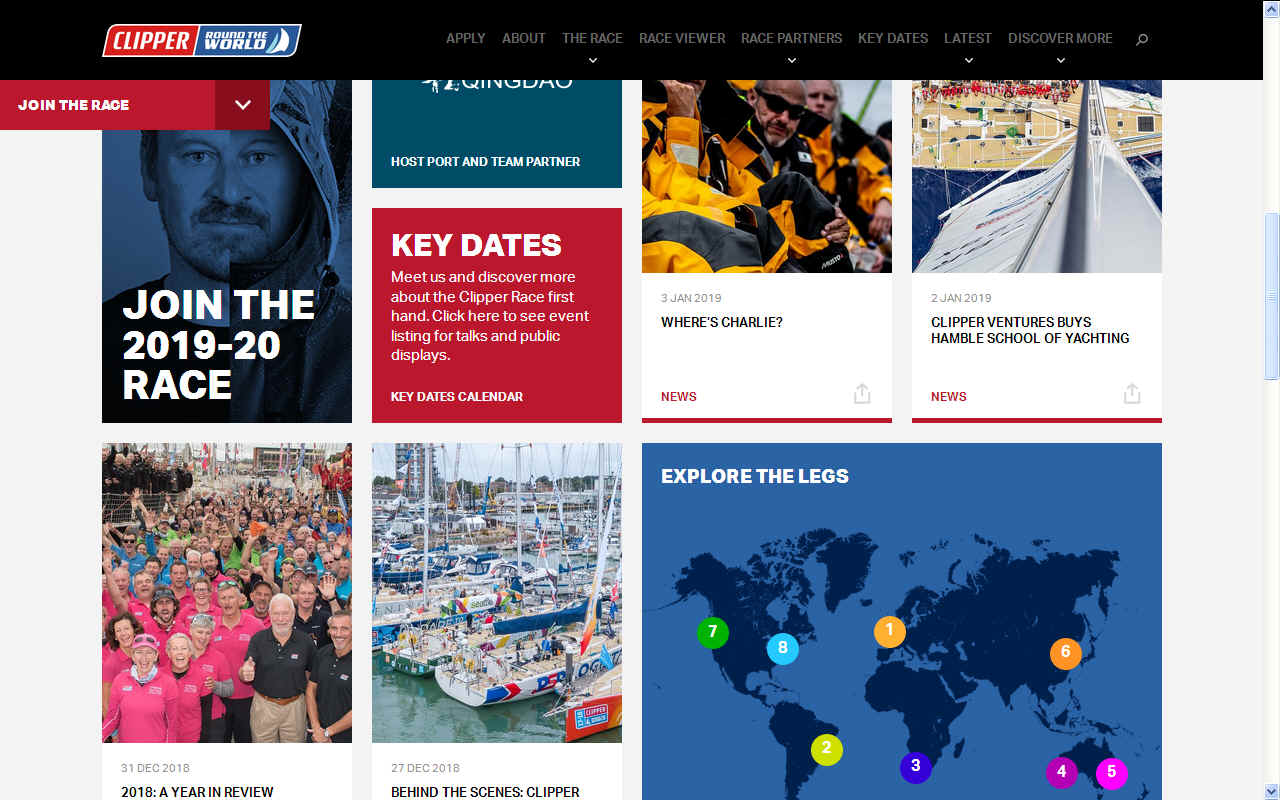
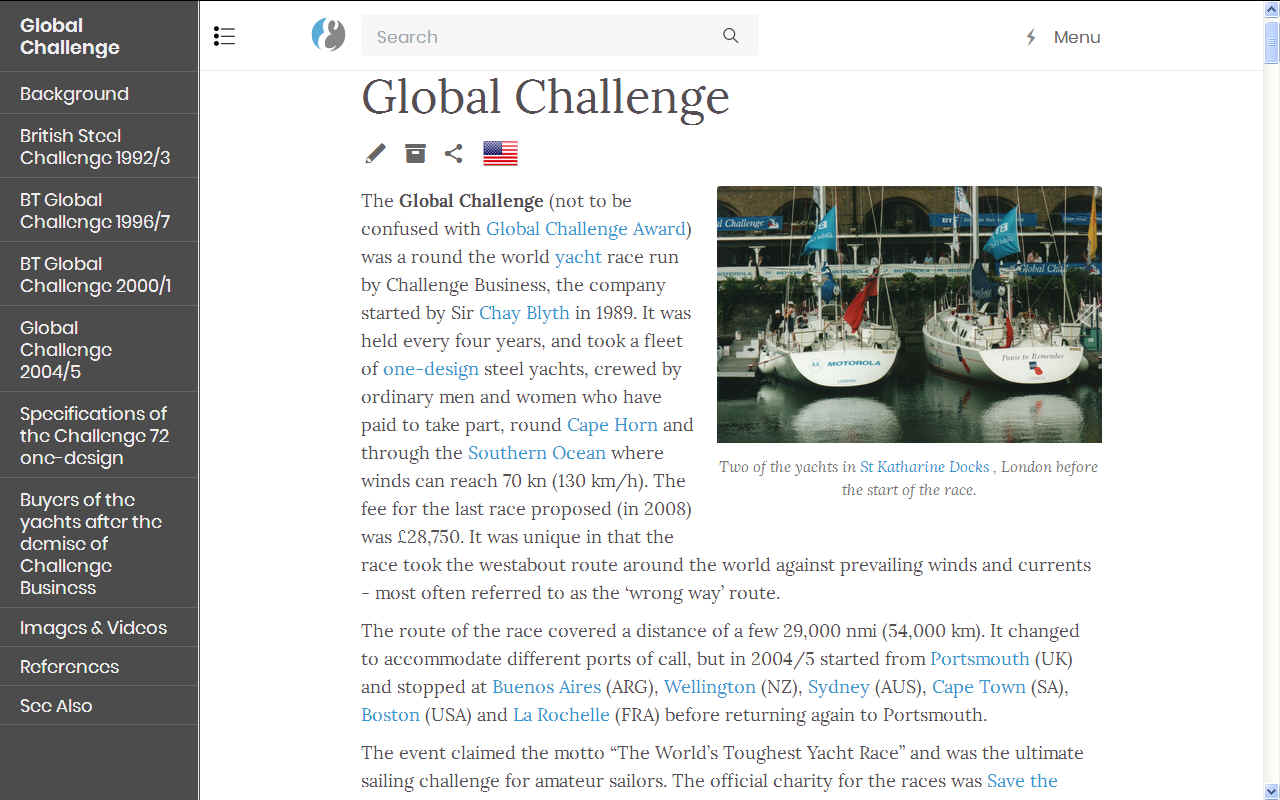
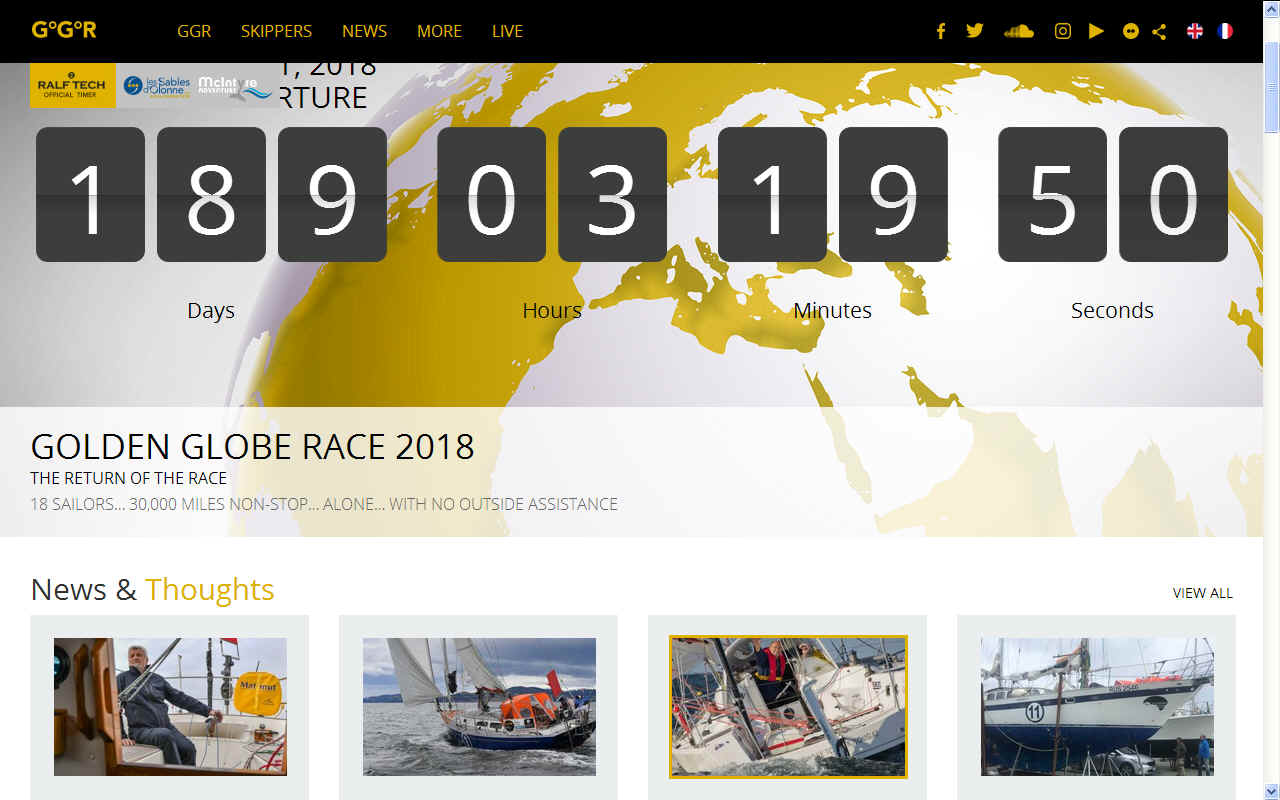
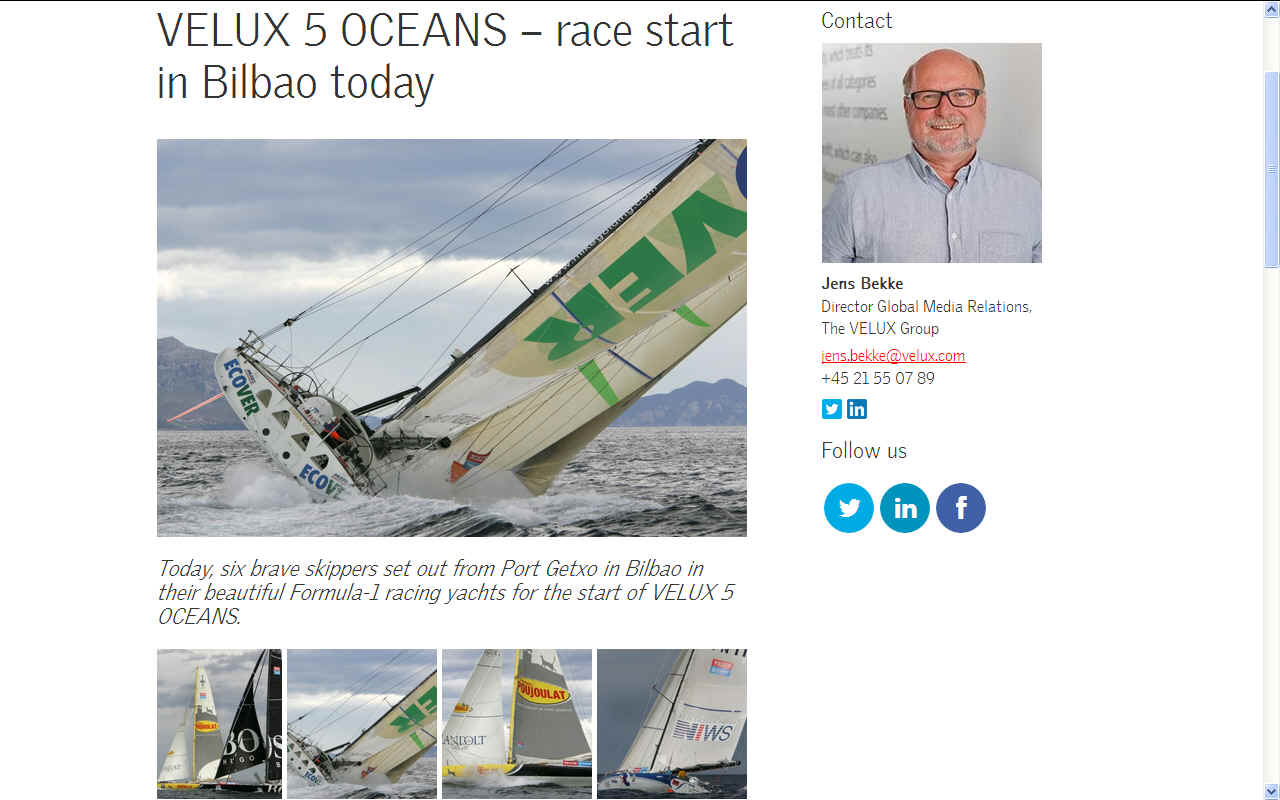
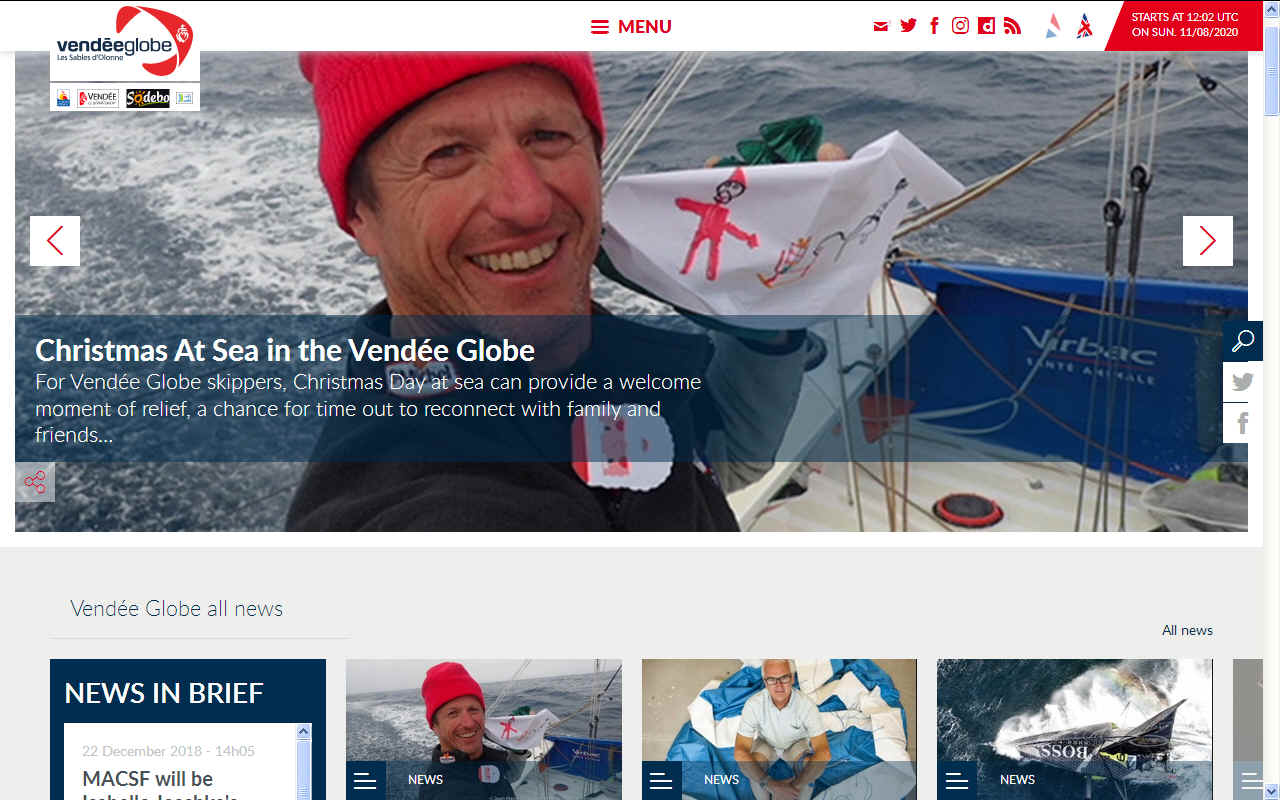
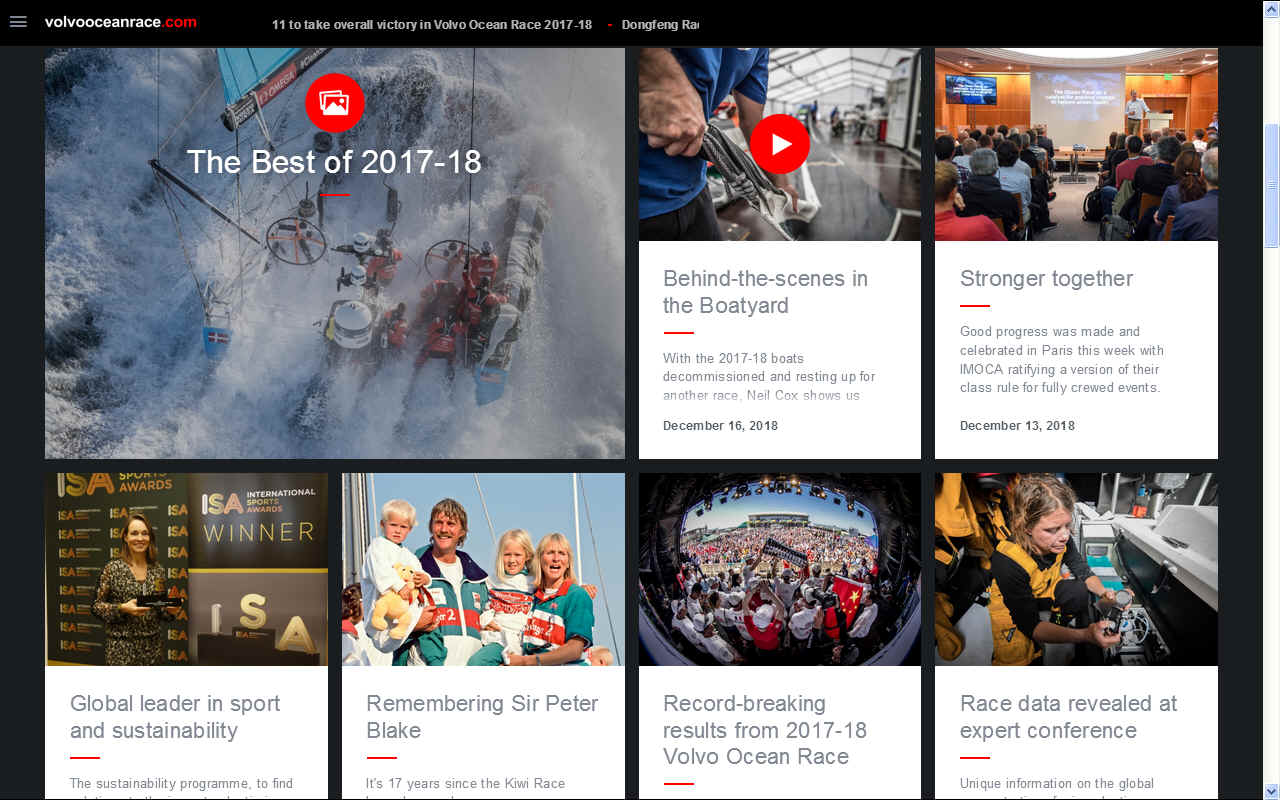
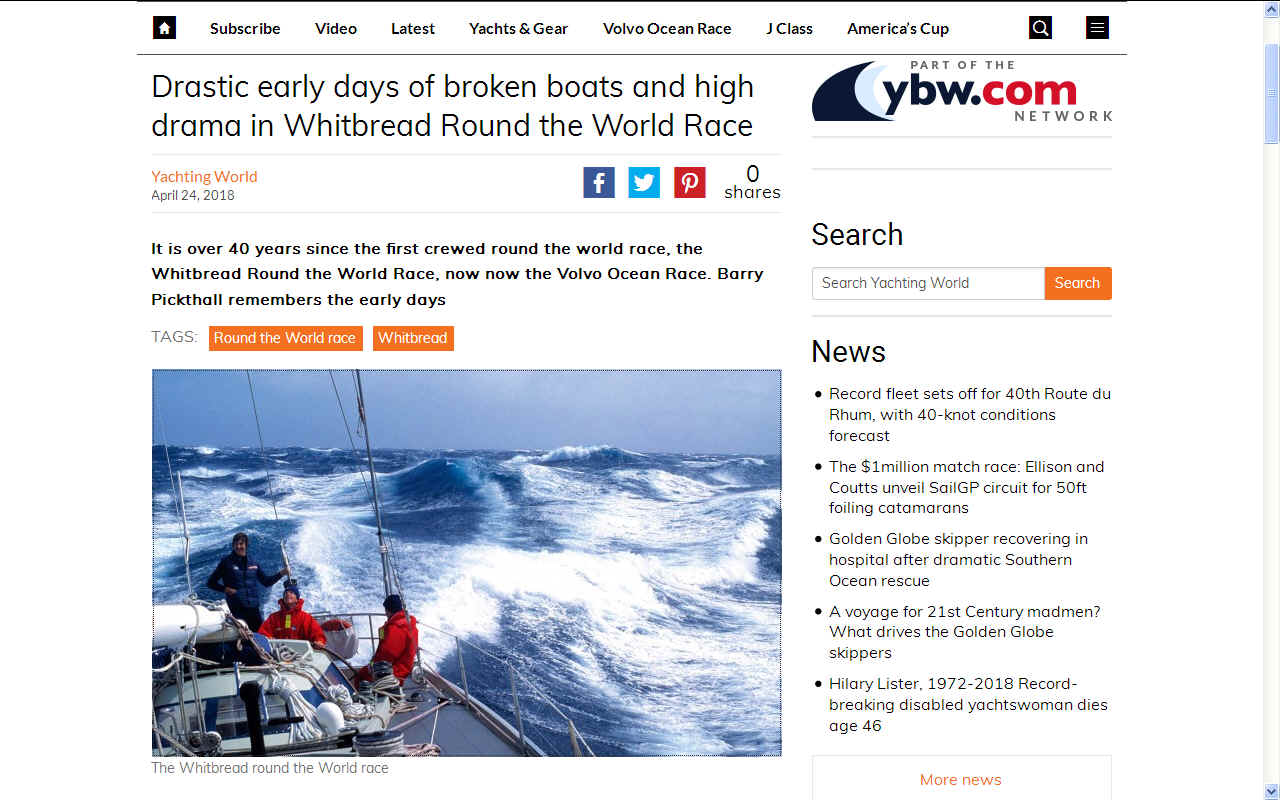
Cayard
Wins as Skipper for Team EF; Kostecki Sails for a
Competitor
America One Skipper and CEO Paul
Cayard has won the 1997-98 Whitbread Round the
World Race as skipper of EF Language, a
Swedish entry. The crew roster and shore team
included several members f the America One
team. (Click on the photo to see a larger image.)
The
Whitbread Race is the one of the most challenging
sporting events ever conceived. A fleet of 60-foot
sailboats embark on a punishing circumnavigation of
the globe at breakneck speed. The first one home
claims the laurels of victory.
AmericaOne
tactician John Kostecki is sailing several of
the race legs aboard Chessie Racing, which is
based in Annapolis, Maryland.
The
Whitbread Race began at Cowes, England, on September
21, 1997, and finished in Southampton, England, on
May 24, 1998. The 32,000-mile ocean marathon
consists of nine legs and includes stops in Cape
Town, South Africa; Fremantle and Sydney, Australia;
Auckland, New Zealand; São Sebastião, Brazil; Fort
Lauderdale and Baltimore/Annapolis in the United
States; and La Rochelle, France
|
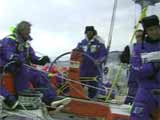
|
Skipper
Paul Cayard talks about the bonding that takes
place when sailors share the "ups" and
"downs" of long ocean voyages
(9/21/98)
|
|
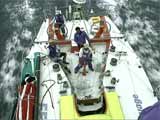
|
Skipper
Paul Cayard discusses the differences between
racing in the Whitbread and the America's Cup.
(10/31/98)
|
1997
and 1993 Whitbread Round the World Yacht Race
The
Whitbread Round the World Yacht Race is now known
as the Volvo Ocean Race, and is the world's most
prestigious yacht race. Fremantle hosted the
stopover in 1993 and 1997/98 and was widely
regarded by the sailors as the most enjoyable and
relaxing host port of the race. Fremantle's
superb yachting facilities, its hospitality, the
Race organisation and perfect weather conditions
assured an unsurpassed stop over.
In
1997, Quokka Sports initiated internet-based
coverage of the Whitbread Round the World Race for
the Volvo Trophy. Their pioneering web site
brought minute-by-minute images of the race to the
world, creating a unique photographic record for
sailing enthusiasts.
Whitbread
Restaurant brands
Whitbread
PLC.
Julie
Weldon
Corporate PR Manager
Tel: 020 7806 5443
Fax: 020 7806 5458
julie.weldon@whitbread.com
Sports
David
Lloyd Leisure
Mark Webb
PR Manager
Tel: 01582 844257
Fax: 01582 888889
mark.webb@whitbread.com

Healthier
alternative tastes for adventure capitalists

Solar
Red | Solar
Crush | Solar
Cola | Solar
Spice | Solar
+
|










